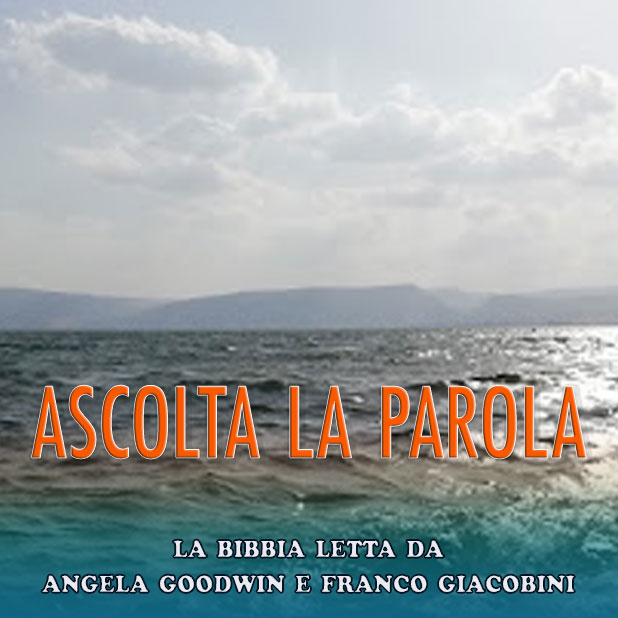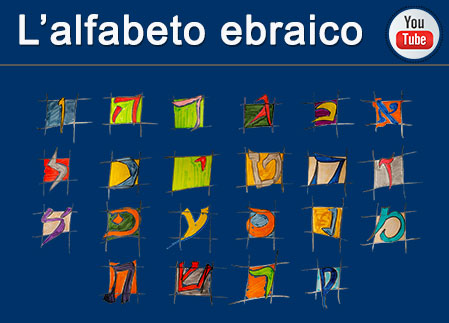Discussion Group “Jews and Christians” of the Central Committee of German Catholics (ZdK)
Germania 08/04/2007
On March 31, 2007 the Holy See’s Secretary of State Cardinal Tarcisio Bertone confirmed rumors that the Pope would soon issue a motu proprio that would more generally allow priests to celebrate the preconciliar Mass of the Roman Missal of 1962. At the moment this is possible in a more restricted fashion only with express permission of the local bishop and by indult of the German bishops. At their 2006 autumn plenary assembly they determined that while one sometimes hears of an increasing interest in [the wider use of the Tridentine rite], this is not actually the case. There is no question of a general readmission of the preconciliar rite of celebration. Rather there is a reason to discuss the matters that stand “behind” this desire.The discussion group “Jews and Christians” of the Central Committee of German Catholics, presently composed of 16 Catholics and 14 Jews, unanimously expressed the following serious objections against this prospect:
1. The Missale Romanum of 1962 contains the Good Friday Intercession “for the conversion of the Jews” (pro conversione Iudaeorum). Although this rite no longer includes the denigrating descriptions of the Jews as acting “perfidiously” (perfidus) and/or as “perfidious” (perfidia), the Good Friday Intercession otherwise expresses the overall [demeaning] perspective of the text as it has been prayed in the Liturgy of Good Friday since the Middle Ages. The intercession speaks of the “blindness” (obcaecatio) of the Jewish people and says that the Jewish people walk “in darkness” (tenebrae). This contradicts in a striking way the conciliar declaration Nostra Aetate, which states in chapter 4:
Sounding the depths of the mystery which is the church, this sacred council remembers the spiritual ties which link the people of the new covenant to the stock of Abraham. […] the apostle Paul maintains that the Jews remain very dear to God, for the sake of the patriarchs, since God does not take back the gifts he bestowed or the choice he made. (see Romans 11,28-29; see Lumen Gentium 16). […] the Jews should not be spoken of as rejected or accursed as if this followed from holy scripture. Consequently, all must take care, lest in catechizing or in preaching the word of God, they teach anything which is not in accord with the truth of the Gospel message or the spirit of Christ.
To revive the 1962 Missal with the old Good Friday Intercession means the denial of a substantial theological paradigm change made by the Council: in fact, the biblically-justified new understanding of the relationship of the Church to Judaism with the accompanying change to Church’s own self-understanding. The traditional Good Friday Intercession still beseeched categorically that the Jews would acknowledge “our Lord Jesus Christ, the light of truth.” The post-conciliar revised version is more open: it recognizes the way of salvation of the Jews, founded upon God’s design, even if it asks that the Jews may “arrive at the fullness of redemption.”
2. The pre-conciliar Roman Missal is also inseparably connected to the old lectionary . In its sequence of about 60 diverse formularies for the celebration of Mass for Sundays and holydays there is no reading from the Old Testament for each Sunday, except in only three cases: Isaiah 60:1-6 on the Feast of the Epiphany, Hosea 6:1-6 and Exodus 12:1-11 on Good Friday as well as 12 Old Testament readings in the Liturgy of the Easter Vigil, which were reduced during the re-organization of 1951/55 to four (Genesis 1; Exodus 14:24-15,1; Isaiah 4:2-6 and Deuteronomy 31:22-30). This is blatant Marcionism, which devalues the first part of the two-part Christian Bible – namely the Bible of Israel – to insignificance. With the rejection of Marcion, however, the Church already in the middle of the second century has said “Yes” to the Old Testament!
3. The theology and spirituality of the Missa Tridentina, in particular regarding the doctrine of the Church, also contradicts much that was theological central to the Second Vatican Council. This concerns, not least, the unique relationship between the Church and Judaism (see Lumen Gentium, 16 and Nostra Aetate, 4).
The demand for the reinstatement of the Tridentine rite concerns such fundamental theological questions and is not really a question about the celebration of the Mass in Latin. This already is easily possible always and everywhere according to the post-conciliar Roman Missal (third edition, Rome 2002)!
It is clearly obvious what ensues with the reacceptance of the Tridentine Missal: a lasting disruption to the Catholic-Jewish Dialogue that began so hopefully at the Second Vatican Council. Many dedicated personal and also theological efforts on both sides would be intentionally damaged.
We hope that Pope Benedict XVI will not permit this injury to Christian-Jewish relations to occur.
Bonn, Easter/Pesach 2007
For the Discussion Group “Jews and Christians” of the Central Committee of German Catholics
• Professor Dr. Hanspeter Heinz, Augsburg
• Professor Dr. Ernst-Ludwig Ehrlich, Basel
24 visualizzazioni.
Inserito 01/01/1970
Relazioni Ebraico-Cristiane
Ultime novità nel sito
- 19/04/2020: Articolo - L’enigma della Maddalena
- 23/02/2020: Articolo - Il locus amoenus nelle catacombe ebraiche e cristiane di Roma
- 16/02/2020: Articolo - Il profetismo nel Vicino Oriente antico
- 13/02/2020: Articolo - I Profeti della Cappella Sistina
- 09/02/2020: Articolo - Gerusalemme e la Terra Santa di Israele


